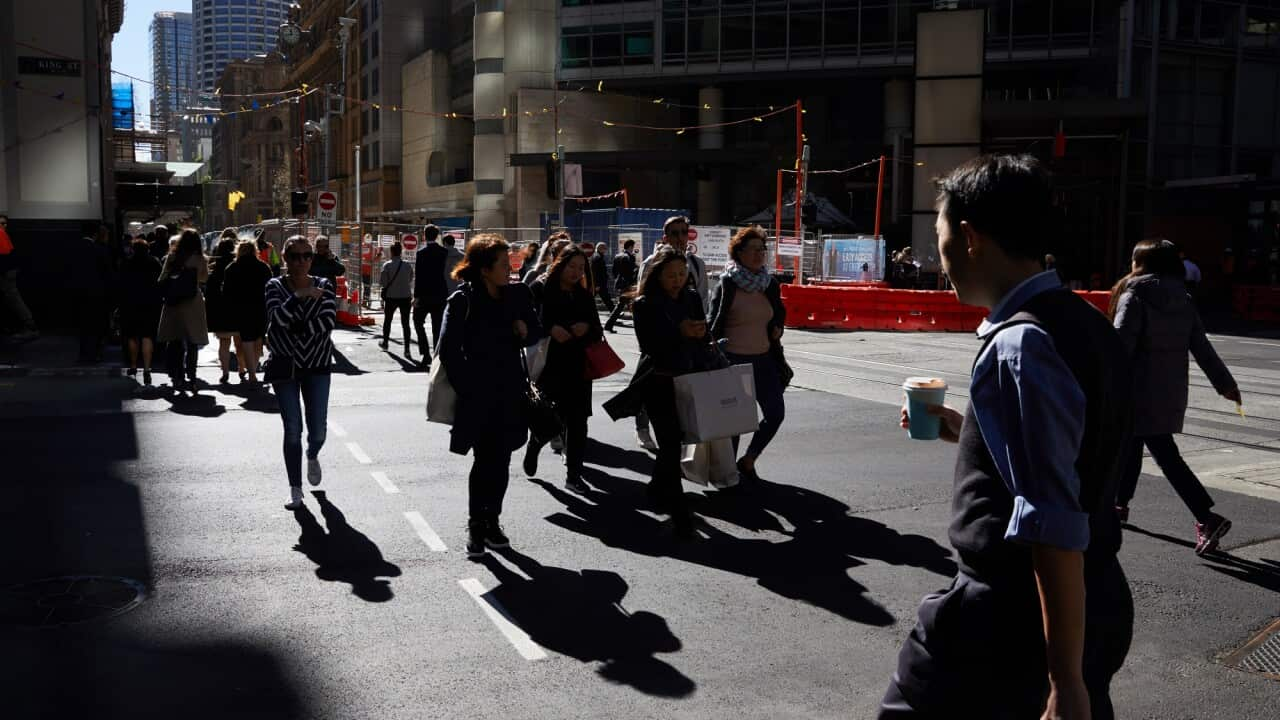It is the second leading cause of death of Australians, according to the Australian Bureau of Statistics.
Dementia - a condition involving a deterioration in cognitive function beyond the normal effects of ageing - now has an estimated global societal cost $1.8 trillion Australian dollars.
A study, published in the Lancet Public Health journal, for the first time uses comprehensive country-level estimates to forecast the prevalence of dementia in those aged 40 years and over in 195 nations.
The regions set for the biggest increase are north Africa and the Middle East and eastern sub-Saharan Africa.
The smallest increases are forecast for the Asia Pacific and western Europe.
A Lancet commission in 2020 suggested up to 40 per cent of cases could be prevented or delayed if 12 risk factors are addressed: low education, high blood pressure, hearing impairment, smoking, midlife obesity, depression, physical inactivity, diabetes, social isolation, excessive alcohol consumption, head injury and air pollution.
Associate Professor Michael Woodward, the honorary medical adviser for Dementia Australia, says there has been a noticeable impact from public health campaigns.
And he says efforts in this area will need to be ramped up to stop the projected rise to one million dementia cases in Australian adults by 2050.
Download the free SBS Radio app to listen live and on-demand or explore podcasts.
https://podfollow.com/sbs-japanese
Visit our Facebook for more Japanese stories and images.




